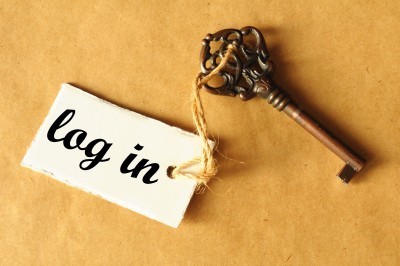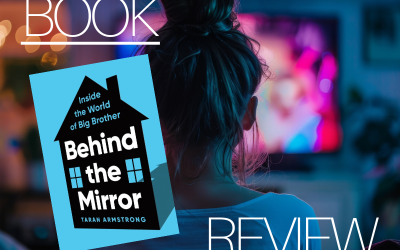I have more digital passwords than keys, and without a handy key ring and visual clues like a Hello Kitty key cap, I’m having a hard time keeping them straight.
Add to that the cautions of most info security professionals to avoid using the same passwords across multiple sites and systems, and creating passwords with at least seven characters using symbols like $ or % as well as capital letters and you’ve got a mind-melding memory challenge. Did I forget to say that you shouldn’t write them down, either?
The password we should protect the most is our email password. If a hacker gains access to your email account, he or she could use the “helpful” Forgot Your Password? feature on most sites and possibly change the passwords to your other accounts, like banks, PayPal, social networking and more.
Three different types (desktop, portable and web-based) of software solutions have surfaced for those of us who confuse our bank password with our Yelp password.
Password management programs like KeePass and Password Safe (available free) will store your passwords in one encrypted database and allow you to access them with one master password or key file. Even easier to use are web-based password managers like 1Password and LastPass that allow you to access your encrypted passwords from any device.
Experts say that the most common passwords, and thus the easiest to break, are:
- the word “password”
- birthdays or anniversary dates
- children’s or pet’s names
- QWERTY or ABCDEF or ABC123
- cities and hometowns
And if you think picking a word from the dictionary is the answer, think again. Among the different ways hackers use to crack passwords are the “dictionary attack,” which basically tries every word in the English or any other foreign language as your password. Some dictionary crackers even substitute symbols for letters, like pa$$word instead of password.
The best recommendation for password protection is to use a password manager, and to think of phrases that have personal meaning to you and are more complex than a proper name or a dictionary word. Some people use book or poetry excerpts, favorite dinner entrees, phrases from childhood or song lyrics as a foundation for their passwords, and then build in special characters and capital letters. Complex, yes, but some things — like bank accounts and other personal information — should be protected to the best of our efforts.





0 Comments